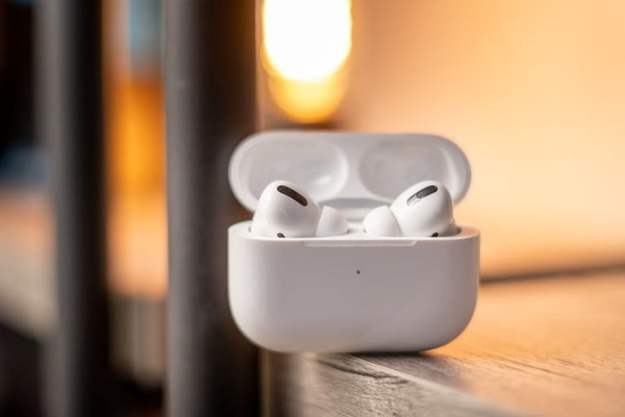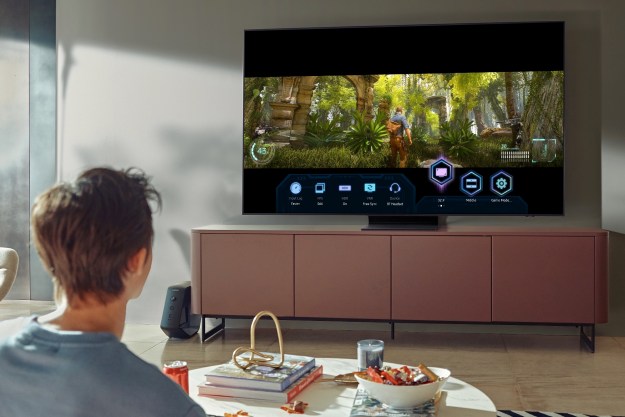
Ted Sarandos, chief content officer at Netflix, sees the irony in the company’s current initiative, and told GQ that its goal is to “become HBO faster than HBO can become us.” Sarandos is referring to HBO’s recent decision to throw its full weight behind HBO GO, the premium channel’s streaming service.
Netflix’s first original series was Lilyhammer, a dramatic comedy about a New York City wise guy who’s relocated to Norway. Clearly the effort didn’t sour the company on the idea of creating its own content. It has followed its initial effort up with House of Cards, a David Fincher-directed, Kevin Spacey-starring drama scheduled to debut February 1, 2013. Industry insiders will no doubt have their eye on the show, as it will be an early bellwether that could help assess the viability of Netflix’s new strategy.
By next Summer, the company will expand its TV offerings further, adding three new exclusives to its lineup. Each of the new series will be available to stream in their entirety upon release. Netflix Founder Reed Hastings told GQ that releasing series all at once and allowing viewers to watch them whenever they please is a strategy meant to counteract TV’s culture of “managed dissatisfaction.” He believes that people are accepting imperfect alternatives mostly due to a lack of superior options, options which Netflix plans to provide.
Whether the one-time upstart can compete with the likes of HBO remains to be see, but it’s hard to believe that the idea behind Netflix’s approach to television won’t catch on somewhere else, even if it fails. If we’ve said it once, we’ve said it 100 times: The times they are a-changin’.
Editors' Recommendations
- The Batman’s Colin Farrell to star in HBO Max’s new Penguin series
- Netflix ends free one-month trial, but there’s still a way to watch free stuff
- The best new shows streaming on Netflix, Hulu, HBO and more in September
- Five burning questions we have about HBO Max, WarnerMedia’s new streaming service
- HBO arrives on Apple’s new TV app, letting fans watch Game of Thrones offline


